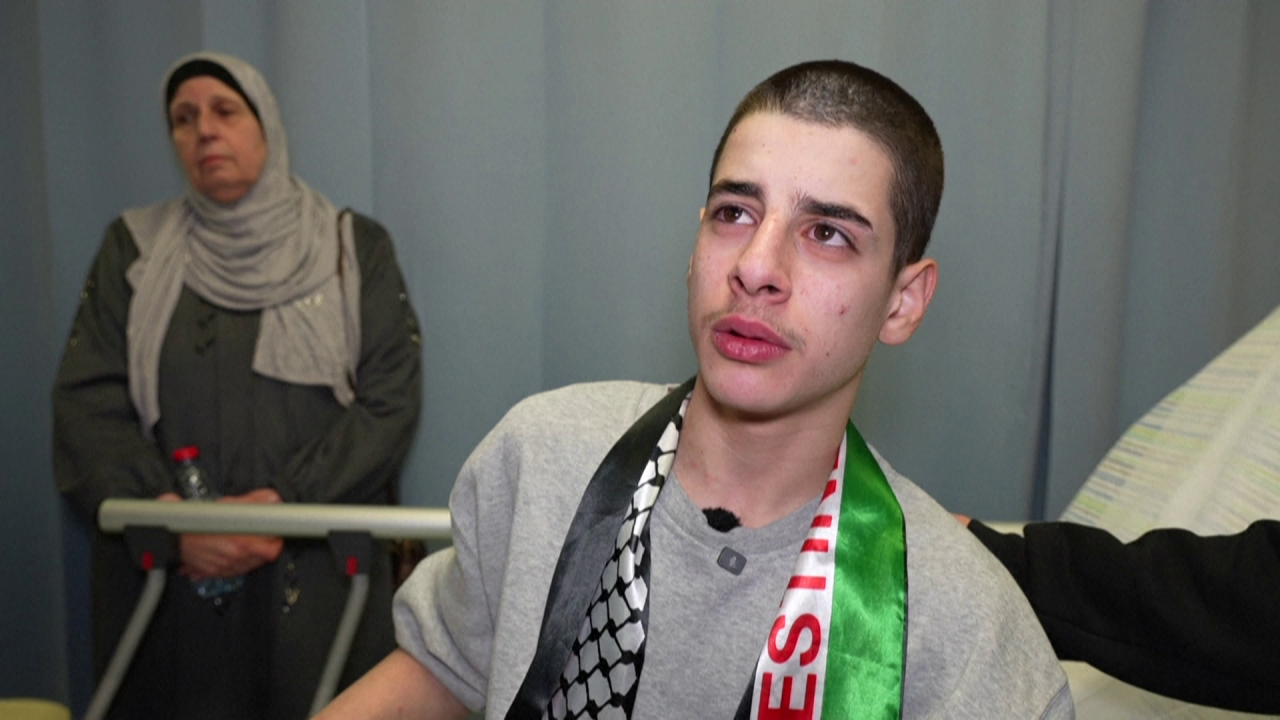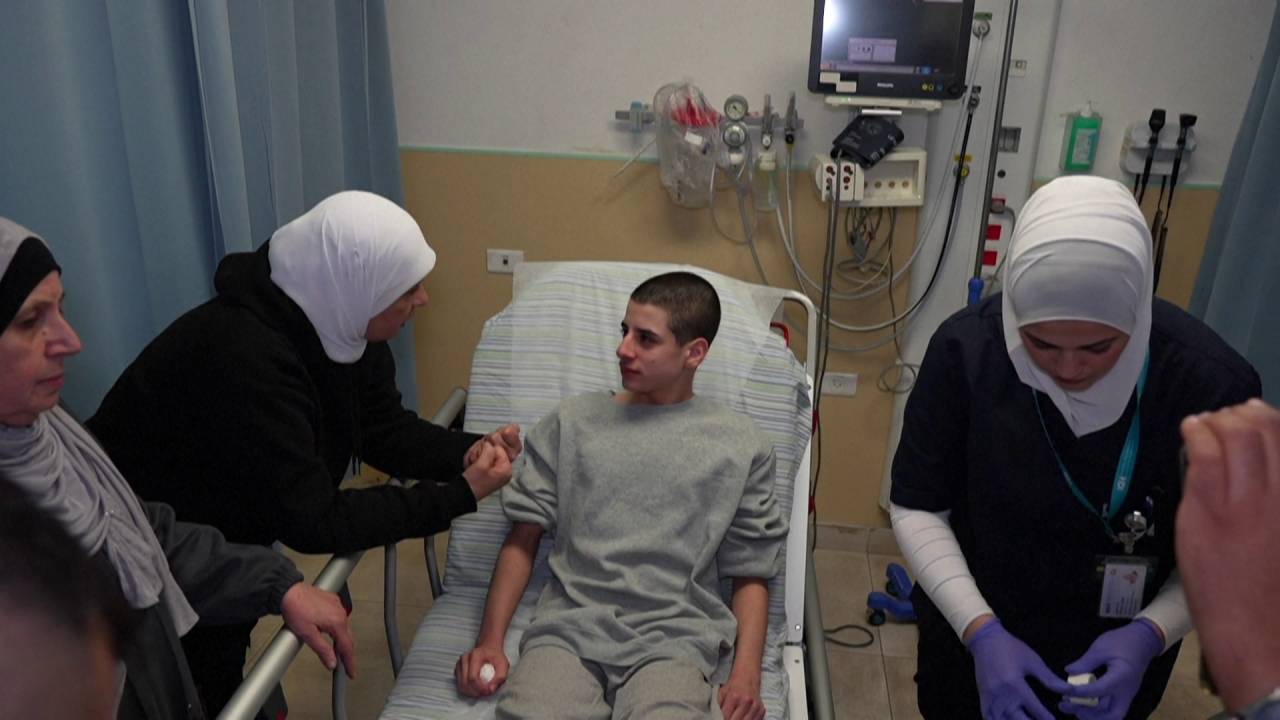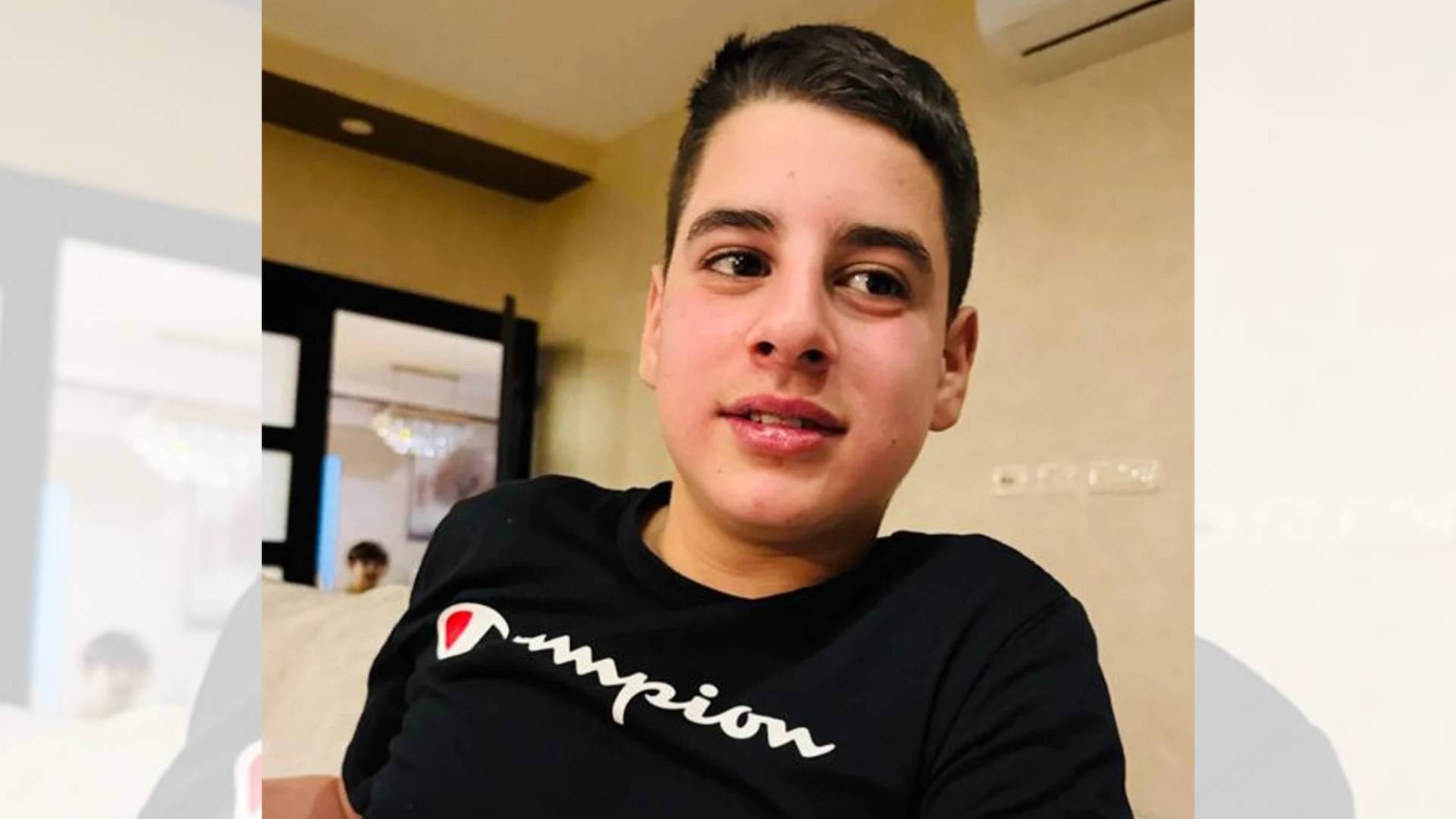Palestinian-American teen released from ‘Israeli’ prison after 9 months
Note: AI technology was used to generate this article’s audio.
- 16-year-old Palestinian-American Mohammed Ibrahim was released from Ofer Prison after nine months and immediately hospitalized due to severe weight loss and health deterioration.
- Ibrahim, arrested while visiting family and charged with stone-throwing, was released after a plea deal, following pressure from US lawmakers who criticized his alleged mistreatment in custody.
16-year-old Palestinian-American Mohammed Zaher Ibrahim was released from ‘Israel's’ Ofer Prison on Thursday after nearly nine months of detention, immediately requiring hospitalization in Ramallah due to severe health deterioration.
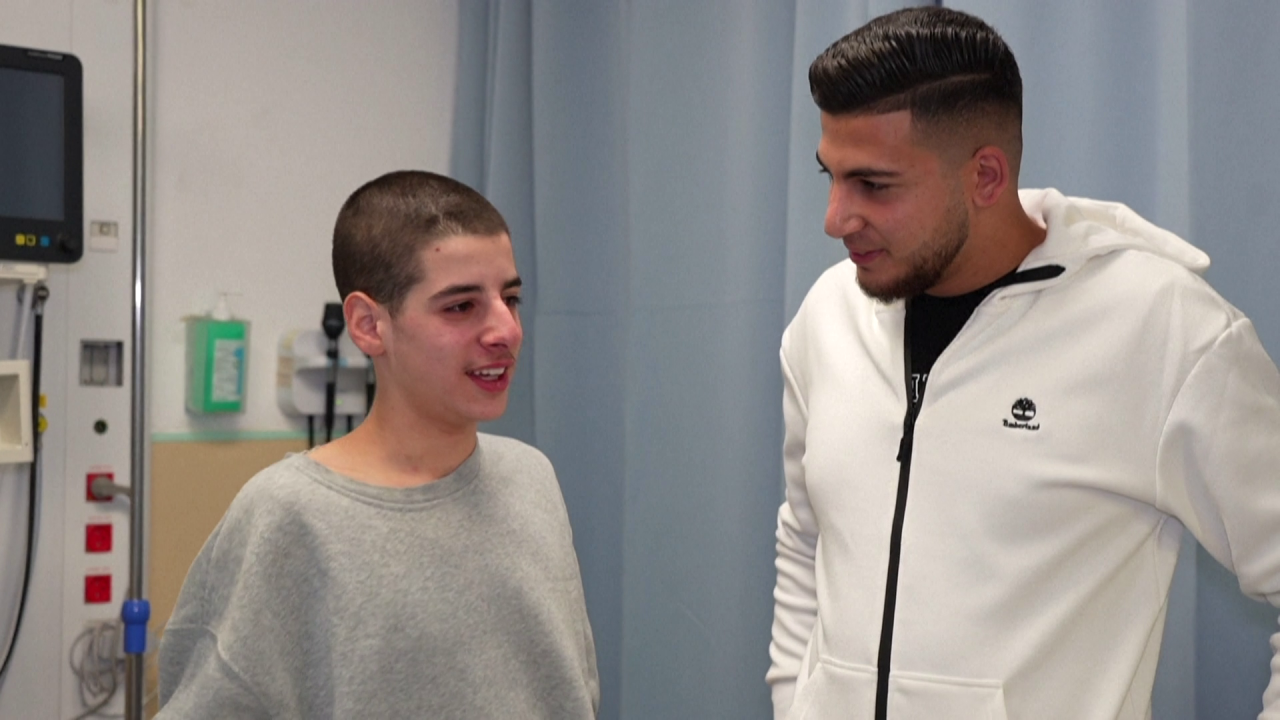
Ibrahim, a Florida resident who was 15 at the time of his arrest, had been held on charges of throwing stones at ‘Israeli’ settlers' vehicles—a common accusation against Palestinian youths that can carry sentences of up to 20 years.
His release came following a guilty plea and a suspended sentence in ‘Israel's’ military court system.
The Arrest
Ibrahim was arrested during a nighttime raid on his family's home in the West Bank village of al-Mazraa al-Sharqiya on February 16, 2025, while visiting relatives on holiday.
According to court documents and family accounts, ‘Israeli’ soldiers blindfolded, handcuffed, and beat him during the arrest, forcing a confession.
He denies the allegations, and his family has described the ordeal as a "horrific and endless nightmare."
Upon release, Ibrahim was rushed to a hospital in Ramallah for intravenous therapy, blood tests, and evaluation, appearing severely underweight, pale, and mentally disconnected after losing approximately 25% of his body weight—around 12-13 kilograms—and suffering from untreated scabies that spread across his body.
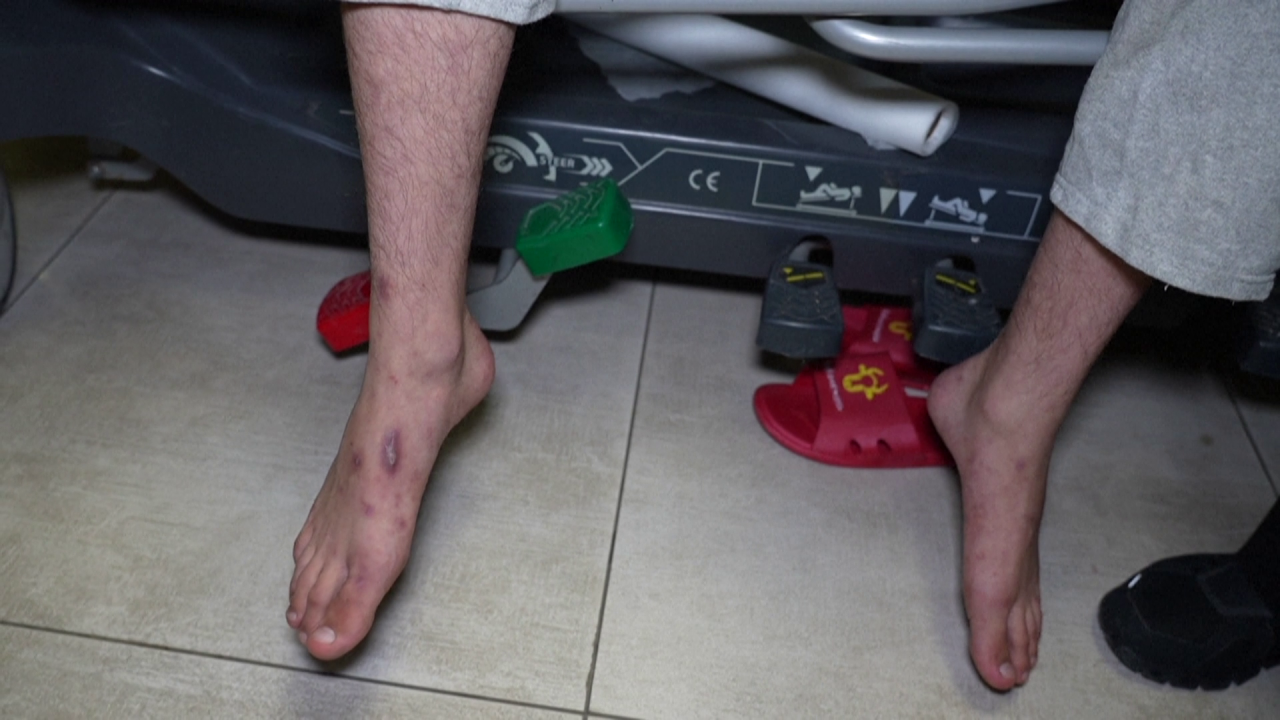
Family members, including his father Zaher Ibrahim, reunited with him at the hospital, marking their first direct contact since the arrest. Zeyad Kadur, a close family friend and uncle, expressed overwhelming joy: “Words can’t describe the immense relief we have as a family right now, to have Mohammed in his parents’ arms.”
“Israeli soldiers had no right to take Mohammed from us in the first place. There are hundreds of children like Mohammed, unjustly trapped in an Israeli military prison, being subjected to Israel’s abuse and torture.”
During his detention at Ofer Prison—a facility known for housing both juveniles and adults convicted of serious crimes—Ibrahim endured deplorable conditions, including meager meals such as three tiny pieces of bread and a spoonful of yogurt for breakfast, with no dinner or fruit provided.
He had limited access to hygiene, leading to health issues like scabies, and received no family visits or phone calls, relying solely on sporadic updates from US Embassy officials.
A US consular visit on November 13 noted further weight loss and signs of bruising from alleged torture, prompting fears for his life among advocacy groups.
Ibrahim's dual citizenship drew significant US attention, with over 100 organizations and 27 Democratic members of Congress, including Senators Bernie Sanders, Elizabeth Warren, and Chris Van Hollen, urging the Trump administration to intervene.
Senator Van Hollen criticized the lack of action, saying, "You have an American citizen who is being terribly mistreated, who has been beaten up, who has been deprived of adequate food and nutrition, and I haven't heard much from the US government."
The US State Department confirmed it was "tracking Mr. Ibrahim's case closely" and appointed a dedicated official in September.
‘Israeli’ officials maintained their claims that Ibrahim committed a "serious potentially deadly crime" and that proceedings followed due process.
Human rights organizations, including Defense for Children International-Palestine, have documented similar cases, noting that Palestinian children in the West Bank are routinely tried in military courts with high conviction rates.
Zaher Ibrahim described his son as "a real sweet boy, into his sports and his PlayStation and school—just a regular fun kid that loves and respects anybody."
